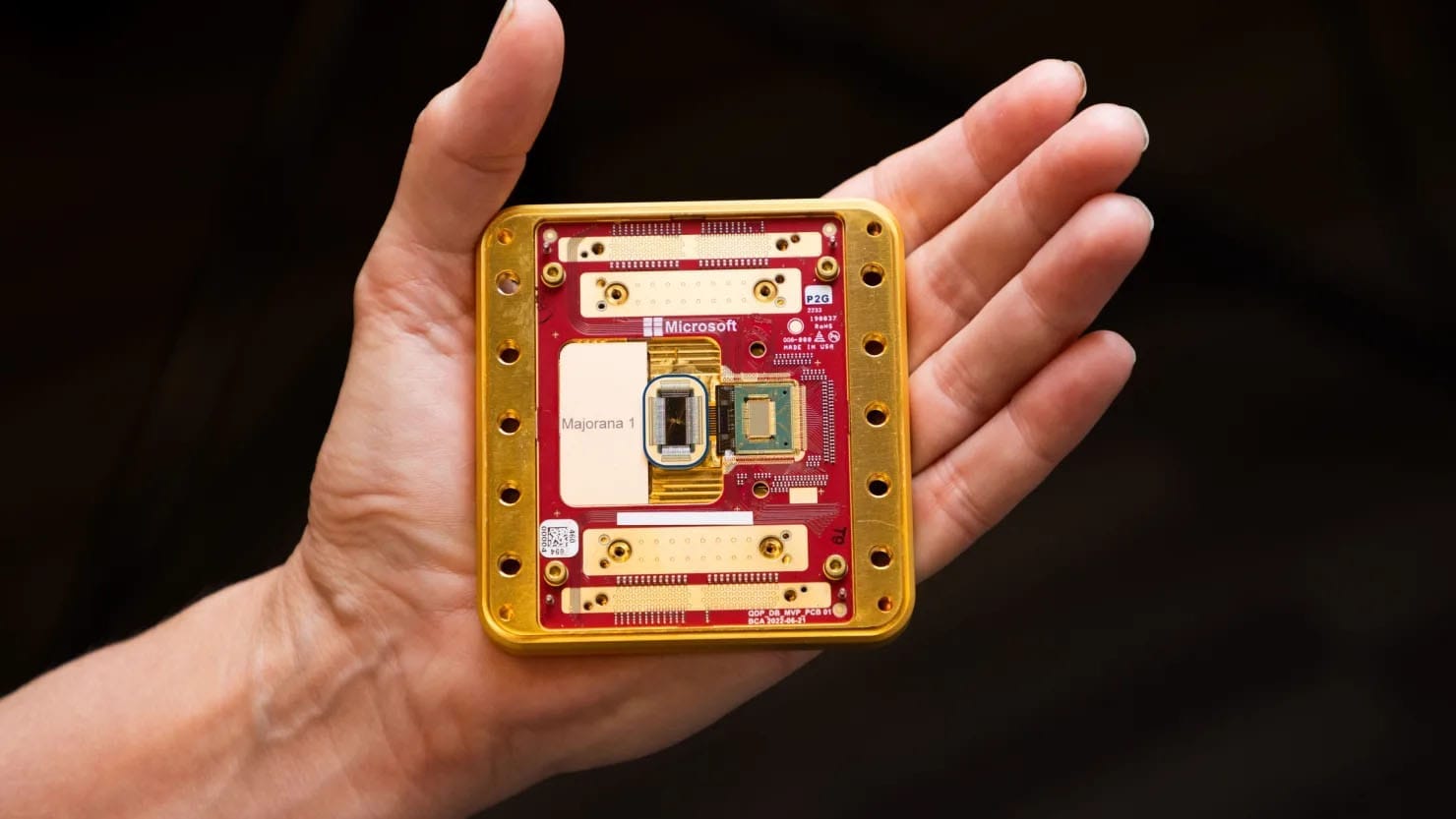The Quantum Revolution: Why Big Tech is Racing to Build the Future of Computing
Quantum computing might sound like science fiction, but it’s rapidly becoming a reality, and the world’s most powerful players are all in. Tech giants like Google, Amazon, Microsoft, and Nvidia, alongside the U.S. government, are pouring billions into developing this new technology.
Why all the excitement? The promise is staggering. A quantum computer could potentially solve problems in mere minutes that would take our current, "classical" computers thousands of years to crack. This could unlock revolutionary breakthroughs in medicine, material science, and chemistry, allowing us to simulate molecular interactions or discover new drugs in ways we can only dream of today.
So, what makes a quantum computer so different?
It all comes down to the basic unit of information. Your laptop and smartphone run on "bits" tiny switches that are either a 1 or a 0. It’s a binary, "on or off" system.
Quantum computers use "qubits." Thanks to a bizarre property called "superposition," a qubit doesn't have to choose. It can be a 1 and a 0 at the very same time, or any combination in between. This ability allows a quantum computer to explore a vast number of possibilities all at once, leading to its incredible processing power.
However, there’s a massive catch. This quantum state is unbelievably fragile. Qubits are so sensitive that the slightest vibration, temperature change, or "noise" from the outside world even a single atom can cause them to "decohere" and lose their information, creating an error in the calculation.
Current systems might make an error every 300 operations, but to be truly useful, they need to be as reliable as one error per trillion operations. The main challenge for scientists today is "quantum error correction" finding ways to bundle thousands of fragile physical qubits together to create a single, stable "logical qubit."
This is why you won't be buying a quantum laptop anytime soon. These machines are not designed to replace your PC or phone for everyday tasks like streaming video or sending emails. Instead, they will be highly specialized tools, likely accessed through the cloud, dedicated to solving humanity’s most complex and fundamental challenges.

Microsoft's Majorana 1 quantum computing chip. (Microsoft) · John Brecher
Privacy policy | Terms of use | Cookies
www.netquantai.com operated by Net Quant LLC, a corporation registered in the State of Texas. Net Quant LLC provides financial news, data, stock price and market analysis for informational purposes only.



